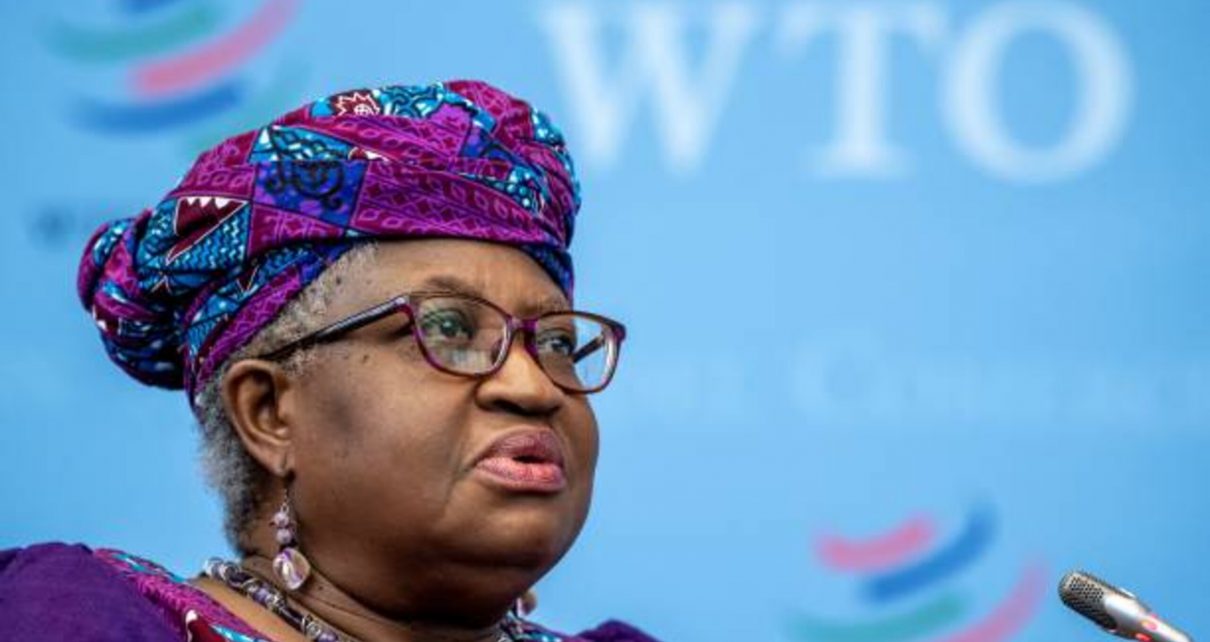The German Economic Institute (IW) is advocating for a strategic collaboration between the European Union (EU) and African nations to overhaul World Trade Organisation (WTO) subsidy regulations, aiming to mitigate Chinese market imbalances and diplomatic leverage. In a recent publication, the IW proposed this strategy, emphasising the need to address distortions caused by China’s economic influence.
The IW’s proposal, released ahead of the EU-China summit, underscores the pressing concern of unfair competition, notably observed in the European Commission’s probe into Chinese electric vehicles, which commenced three months ago.
The issue of reforming subsidy regulations is expected to be a pivotal discussion at the WTO’s upcoming 13th ministerial conference (MC13). However, substantive changes require unanimous consensus among member nations.
The Africa negotiating group within the WTO has recommended amendments to existing subsidy rules, aiming to better support the development aspirations of countries, including the allowance for local content requirements and subsidies for environmental preservation.
The IW’s proposition, detailed in a pre-released paper, suggests expanding this initiative to tighten subsidy regulations, targeting leading global trade participants. The criteria would be determined by their global trade share or income levels, thereby impacting major economies like China, despite its classification as a developing nation by the WTO.
The joint endeavor proposed by the EU and African nations aims to pressure China into adopting reforms and curbing the escalating global competition fueled by subsidies.
Authors Juergen Matthes and Samina Sultan highlighted, “If China blocked the… reform, it would also block the vital interests of the African Group and other developing countries in gaining more policy space for development.”


